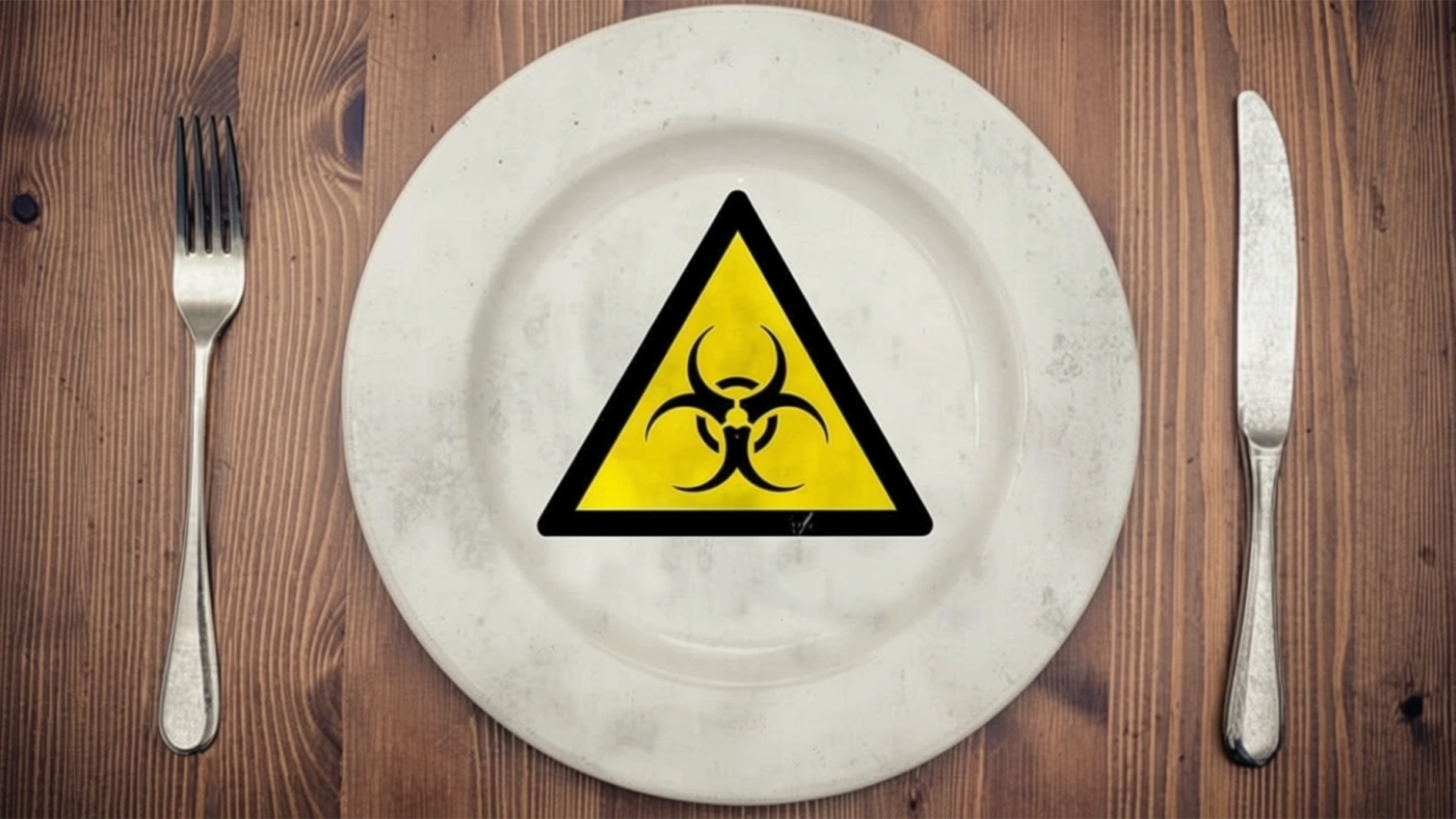The Institute of Public Analysts of Nigeria (IPAN) has called for the eradication of substandard products in the health and consumer sectors through robust laboratory analysis, highlighting the critical role laboratories play in safeguarding public health, trade, and industrial processes.
The Registrar and CEO of IPAN, Aliyu Angara, noted that the analytical laboratory sector sits at the intersection of science, trade, regulation, innovation, and public health. “It is the invisible engine behind safe food, quality medicines, environmental monitoring, and credible industrial processes,” he said.
Speaking at the IPAN Maiden National Summit on the Analytical Laboratory Sector, themed “Strengthening Nigeria’s Analytical Laboratory Sector for Sustainable National Development” and held in Lagos, Angara lamented that the sector has remained fragmented, under-coordinated, and under-recognised.
He stressed that weak laboratory systems have led to unsafe food and drugs, undetected contaminants, failed industrial quality assurance, lost export opportunities, and public distrust in regulatory frameworks.
“The summit marks a turning point in a deliberate, strategic movement to redefine the analytical laboratory ecosystem as a national asset,” Angara said.
He highlighted global examples, noting that countries like South Africa, India, Kenya, and Malaysia have reaped significant economic and public health benefits by developing strong laboratory networks, ensuring safer consumer products, export-ready industries, and empowered professionals contributing to GDP through laboratory-based services.
The Minister of State for Health and Social Welfare, Dr Iziaq Salako, commended IPAN for convening the summit, describing analytical laboratories as pivotal to national development. Represented by the Director of Quality Foods and Safety, John Atanda, the minister noted that laboratories underpin critical functions across healthcare, food safety, environmental monitoring, pharmaceuticals, industrial production, and trade facilitation.
“Laboratories serve as the silent watchdogs of public health and safety,” Salako said. “They test our water and air, screen for contaminants in food, ensure the efficacy of medicines, support disease surveillance, and validate products for local and export consumption. Laboratories are not just scientific facilities, they are national assets.”
However, he acknowledged that gaps in funding, outdated equipment, weak enforcement, and limited collaboration have constrained the sector, limiting Nigeria’s ability to compete globally and fully harness the potential of laboratory science for innovation, trade, and disease control.
President of the Society of Testing Laboratory Analysts of Nigeria (SoTLAN), Mr Bolawa Gbolahan, described the summit as timely and strategic.
He stressed that a nation’s capacity to protect public health, sustain its environment, and grow its industries depends heavily on the strength and credibility of its laboratory systems.
Gbolahan noted that Nigeria’s analytical laboratories face challenges, including inadequate funding, obsolete equipment, weak regulatory enforcement, limited collaboration, and a shortage of skilled manpower. These issues have directly affected the country’s ability to generate reliable data for decision-making, ensure food safety, monitor pollution, and maintain compliance with national and international standards.






